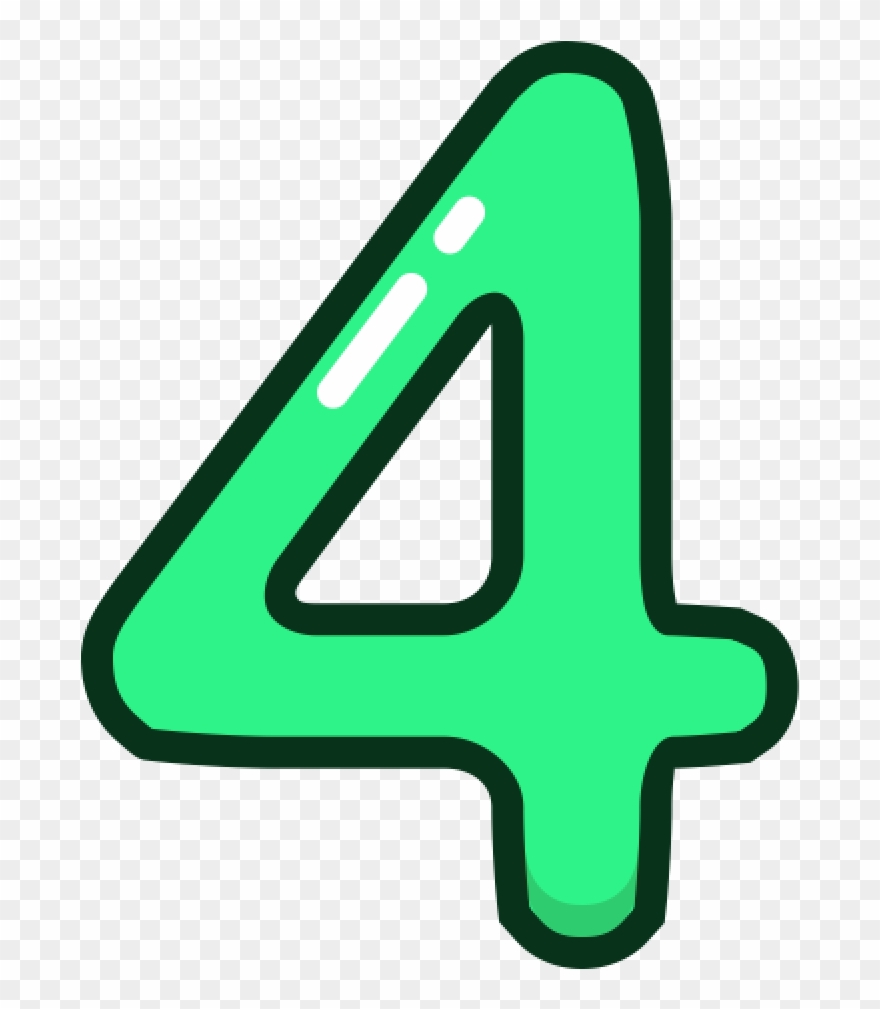The Four of Swords tarot card serves as a profound symbol of respite and recuperation. Often depicted with a solitary figure resting beneath a stained glass window or lying atop a tomb, this card envelops the observer in a cloak of stillness and contemplation. The imagery invites introspection, emphasizing the importance of taking a pause for reflection and healing. In this exploration of the Four of Swords, we will delve into its various meanings, interpretations, and the nuances it carries within different contexts.
At its core, the Four of Swords embodies the essence of rest. It signals a much-needed break from the incessant demands of daily life. This card resonates particularly with those who have been embroiled in turmoil, be it emotional, mental, or physical. The period of withdrawal it represents is crucial for rejuvenation, allowing one to restore energy and rebuild a sense of equilibrium. In moments of upheaval, the Four of Swords encourages individuals to retreat into solitude, seeking solace and clarity that can only be found in quietude.
When the Four of Swords emerges in a reading, its implications may vary vastly depending on the surrounding cards and the querent’s current situation. For instance, in the context of a health-related inquiry, this card often signifies the necessity of taking a break to address health issues. It is a gentle but firm reminder that the body and mind need time to heal; neglecting this can lead to further complications. Conversely, in matters of relationships, the Four of Swords might suggest that a period of reflection is essential to navigate through conflicts or misunderstandings. Taking time apart to contemplate the relationship dynamics can promote clearer communication and better understanding.
The card’s symbolism extends beyond mere rest. The Four of Swords also indicates the importance of mental clarity. In a world teeming with distractions and chaos, carving out time for meditation and introspection can often pave the way for enlightened decision-making. It prompts one to explore their thoughts and feelings, deciphering what truly matters. Such contemplation might unveil underlying issues that have long been ignored, thereby facilitating personal growth and emotional maturity.
On a more spiritual level, the Four of Swords urges individuals to reconnect with their inner self. It hints at the benefits of spiritual practices that soothe the psyche and bring about tranquility. Engaging in meditation, journaling, or even seeking guidance from spiritual mentors during this period can further enhance one’s capacity for introspection and recovery. This card’s presence could imply that now is an optimal time to explore one’s spirituality, allowing for deeper connections with the self and the universe.
Moreover, the Four of Swords illustrates the delicate balance between rest and action. While rest is imperative, it is crucial to understand that prolonged inactivity can lead to stagnation. The card warns against becoming too complacent. Once clarity has been attained during this period of withdrawal, the next steps must be taken with intent and discernment. The card advises to prepare for eventual action, armed with newfound insights and resilience.
In a career context, the Four of Swords might symbolize the necessity to withdraw from frenetic workplace dynamics to assess one’s professional aspirations and overall satisfaction. Burnout is often a silent predator in today’s fast-paced work environments, and the Four of Swords serves as a cautionary tale. A period of rest allows for recalibration—whether it entails seeking new opportunities or redefining career goals. Engaging in this introspective work can yield profound insights and lead to a more fulfilling professional life.
When examining the reversal of the Four of Swords, it can indicate the consequences of neglecting the call for rest. This inverted perspective may embody stress, anxiety, and mental exhaustion. It can serve as an urgent reminder that one may be pushing their limits, neglecting the essential need for recuperation and reflection. In this state, individuals may find themselves trapped in a cycle of overexertion, leading to a perpetual sense of unease.
The duality of the Four of Swords also extends to its interpretation in social contexts. Social engagements can often become overwhelming, demanding both mental and emotional resources. The card suggests that it might be time to retreat from the social whirlwind to reassess one’s boundaries and energy levels. Embracing solitude does not equate to loneliness; instead, it may be an empowering decision to safeguard one’s well-being.
Furthermore, the implicative nature of the Four of Swords can reflect on societal issues. It serves as a reminder of the collective need for rest and reflection in turbulent times. The global climate of uncertainty necessitates a shared space for introspection—be it personal or societal. The call to care for mental health and communal well-being resonates more profoundly in such contexts, urging individuals and communities alike to prioritize moments of peace amidst chaos.
In conclusion, the Four of Swords tarot card encompasses a rich tapestry of meaning that goes beyond mere rest. Its invitation to pause for reflection can be transformative, serving as a lighthouse in the tumultuous seas of life. By creating space for introspection, individuals can acquire clarity, heal wounds, and rejuvenate their spirits. However, this card also emphasizes the imperative of translating insights gained during periods of solitude into actionable steps. Balancing rest with movement remains crucial, allowing one to navigate the complexities of life with resilience and wisdom.







Leave a Comment